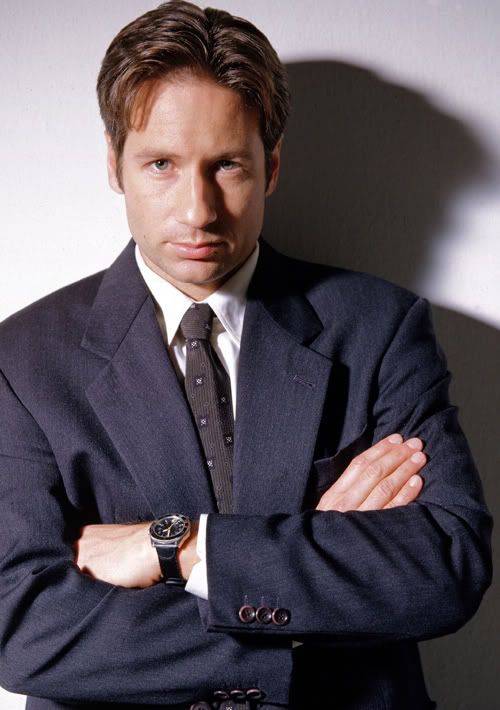F. Scott’s Fitzgerald’s classic novel, The Great Gatsby, is a perfect example of a man whose past comes colliding into his present day ideal life. Jay Gatsby and Daisy Buchanan, former lovers from down South have been reunited through wealth, high society, and Gatsby’s own dogged pursuits of her. She represents the American Dream to him and it is she who holds the key to his happiness. The wealth he has accumulated, the house he lives in, the people he runs around with, are nothing to him because they are merely obstacles he has to deal with to be with her once more. His past with Daisy leads him into a delusional state about her which he cannot snap out of. His past relationship with her has perverted his idea of who she is now and shows how far a man will go to pursue the American Dream, needless of how unrealistic it is.
Gatsby in the present has endless wealth and numerous contacts with the upper classes. However, it is his humble beginnings that shape this present day thirst for a place and the top of society. Gatsby, formerly known as Jay Gatz, falls in love with the beautiful debutante, Daisy Buchanan, but before the two can get married, he is shipped off to fight in the First World War. He comes back to find she has married a rich, well-to-do fellow, this being the catalyst for his quest to become the richest, most popular man possible, all in the hopes he can win back his love Daisy.
Unfortunately, he holds these preconceived notions of her from the past that she no longer has or ever did have. He sees her as infallible and a caring person, when in fact her high society living has twisted her into a selfish, empty shell of a woman. Gatsby is blind to this, however, due to his obsession with winning her back, she being the pinnacle of all his successes. He believes that she left him not because she stopped loving him but because the other man had money and power. This delusion to the fact that Daisy is far from the fairy tale princess he made her up to be makes his pursuit for more status a pointless venture.
This venture is a representation of the American Dream, and how one can become so delusional in achieving it that they are blind to either the worthlessness or the impossibility in it. Love has made Gatsby a fool, forcing him to believe that the girl of his past can be won back and she would meet all the wild expectations he has built up about her over the years. It is foolishness that leads him into wealth, but also unhappiness, always being dissatisfied with his accomplishments. All of Gatsby’s efforts are for Daisy; his past has corrupted him and his mind, and he is likely to let it continue until a dramatic event shows him who the present Daisy is and always was.
Gatsby’s views on Daisy are completely understandable, as love and obsession can distort the past and present memories about someone. He cannot help but by being caught up in the materialistic times of The Jazz Age, where everyone believed that wealth and the like were the keys to success. Seeing Daisy marrying the rich man rather than him, how else could he have believed he could win her back by anything other than becoming a man of status? His past controls his life, leaving him in an unhappy state and left to chase something that never was what he thought it to be. His former relationship with Daisy can never be regained and it is this sad pursuit of happiness that leads to Gatsby’s death.
Monday, November 26, 2007
Subscribe to:
Post Comments (Atom)

No comments:
Post a Comment